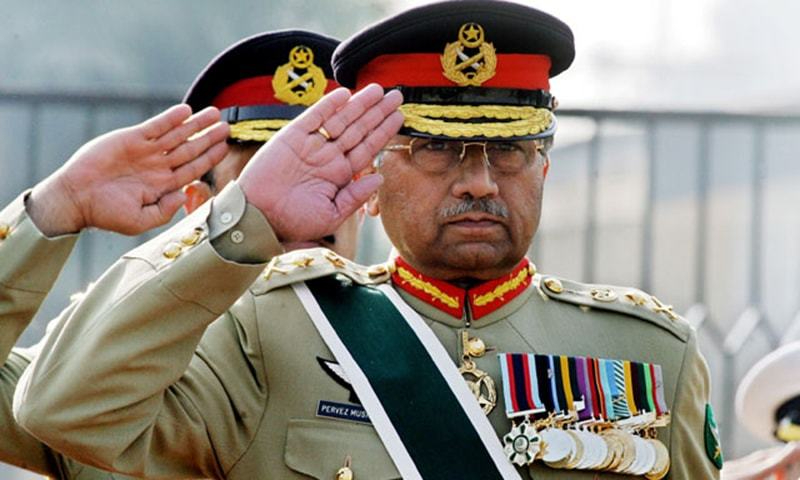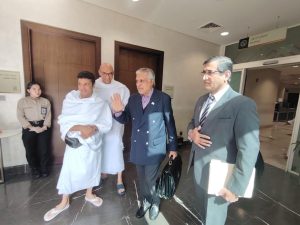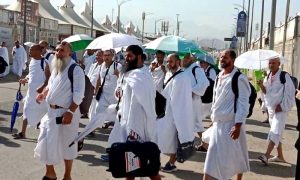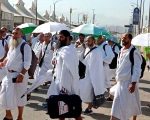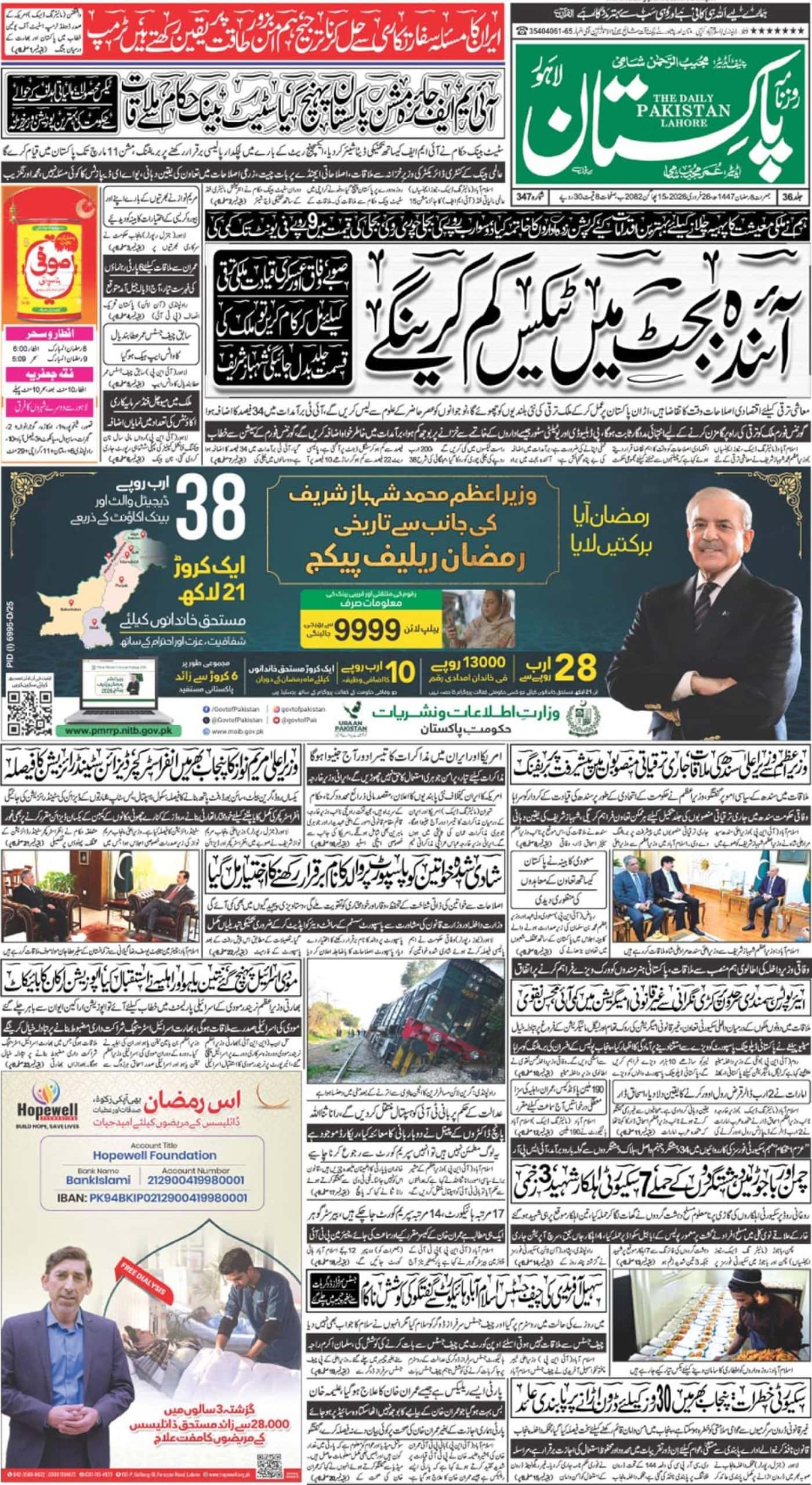Pervez Musharraf was the 10th President and 13th former army chief who remained lime lighted in Pakistan’s political, military and strategic fronts for almost three decades. He was highly skilled and strategic army officer who had gone through with every aspect of warfare by all means.
He fought in Pakistan’s 1965 and 1971 wars and won laurels for his gallantry flair and selfless dedication as an ace officer.
Peeping through his ancestral background, Pervez Musharraf was born on August 11, 1943 in New Delhi, India. He migrated with his family from New Delhi to Karachi in 1947 during partition. After settling at Karachi, he attended Saint Patrick’s School as his initial learning hub. Later, he joined the Pakistan Military Academy at Kakul and graduated from the institution in 1964. Subsequently, he turned to be as commissioned officer in the Pakistan Army.
Notably, General (r) Pervez Musharraf’s maiden experience of battlefield came during the 1965 Indo-Pak war where he served in the elite Special Services Group (SSG) from 1966-1972. During the 1971 war with India, Musharraf was a company commander of an SSG commando battalion. After 1971, he continued to excel in several military assignments and gained rapid promotions within the army.
Evolving from every moment of professional military life, Pervez Musharraf passed through a number of appointments in the artillery, the infantry, and commando units and also taught at the Staff College in Quetta and in the War Wing of the National Defence College. In 1999, former prime minister Nawaz Sharif appointed General Musharraf as the head of the armed forces in October 1998.
Dismally, former Prime Minister Sharif and General (r) Pervez Musharraf could not maintain congenial and credible ties and entangled over certain political and National Issues. Drastically, he then-PM Sharif dismissed him and tried to prevent the plane carrying Musharraf home from landing at the Karachi airport. It was 12th October 12, 1999, when Nawaz Sharif tried to sack him while Musharraf was out of the country. Resultantly, the armed forces took control of the airport and other government installations and deposed Sharif, paving the way for Musharraf to become head of a military government.
Globally and regionally, General (r) Pervez Musharraf was generally considered to hold moderate views and promised an eventual return to civilian rule, Musharraf suspended the constitution and dissolved parliament in 1999. Later, he formed the National Security Council, made up of civilian and military appointees, to run Pakistan in the interim. He also remained as president of Pakistan from 2001 to 2008.
Shedding light at political journey of General (r) Musharraf, he also held general election in October 2002 during which he allied himself with Pakistan Muslim League-Quaid (PML-Q), Muttahida Qaumi Movement and an alliance of six religious parties called Muttahida Majlis-i-Amal. After these election, he was able to gather the required two-thirds majority to pass the 17th Amendment which helped in legitimising and validating the 1999 coup as well as several other measures adopted by him. In January 2004, he also won a confidence vote by both houses of the parliament and the four provincial assemblies by a majority of 56 per cent and was declared elected in a process disputed by his political opponents.
After elapsing less than two years span, General (r) Pervez Musharraf assumed the presidency and later attempted to negotiate an agreement with India over the Kashmir region in the start of 2001. The most decisively, 11th September attacks in 2001 in the United States and the subsequent US invasion of Afghanistan changed the geo-political, strategic and economic perspective of the South Asia. Diplomatically and strategically, the US government cultivated close ties with Musharraf in an attempt to root out Islamic extremists in the Afghan-Pakistan border region. This was the probably biggest game-changer for Pakistan and the entire territory. Many strategists and political thinkers still have certain reservations and diverse viewpoints for Pakistan’s averting new dynamism in the region.
Apart from America’s War on Terror, General (r) Pervez Musharraf faced a severe hammering over his political and strategic decisions. Musharraf’s rule saw the killing of Baloch leader Nawab Akbar Bugti in a military operation, the assassination of former prime minister Benazir Bhutto, the Lal Masjid operation, and the Lawyers’ Movement to restore the then-Chief Justice Iftikhar Chaudhary. On August 18, 2008, he had to accept his defeat politically and he finally resigned as the president of Pakistan. Later, he was was indicted on 30th March 2014 for suspending the Constitution on November 3, 2007. Most significantly, a special court handed Musharraf death sentence in the high treason case against him on 17th December 2019. The former army chief finally left Pakistan in March 2016 for Dubai to seek medical treatment and never returned to Pakistan.
Apart from his military and political experience, General (r) Musharraf happened to be a prolific writer by publishing his autobiography titled “In the Line of Fire” in 2006.
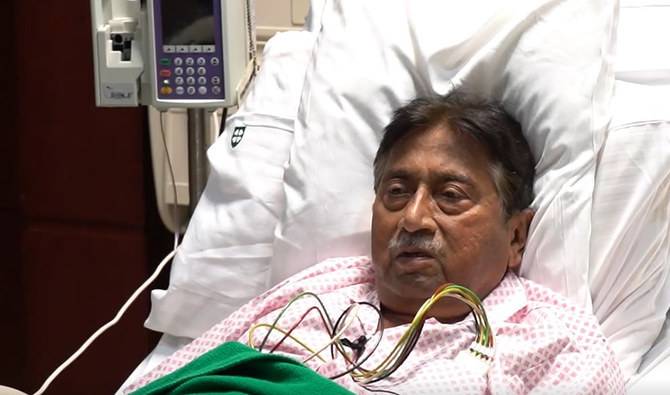
On February 5, 2023, he died in a Dubai hospital where he was under treatment for a rare health condition called amyloidosis in medical terms, at the age of 79.

